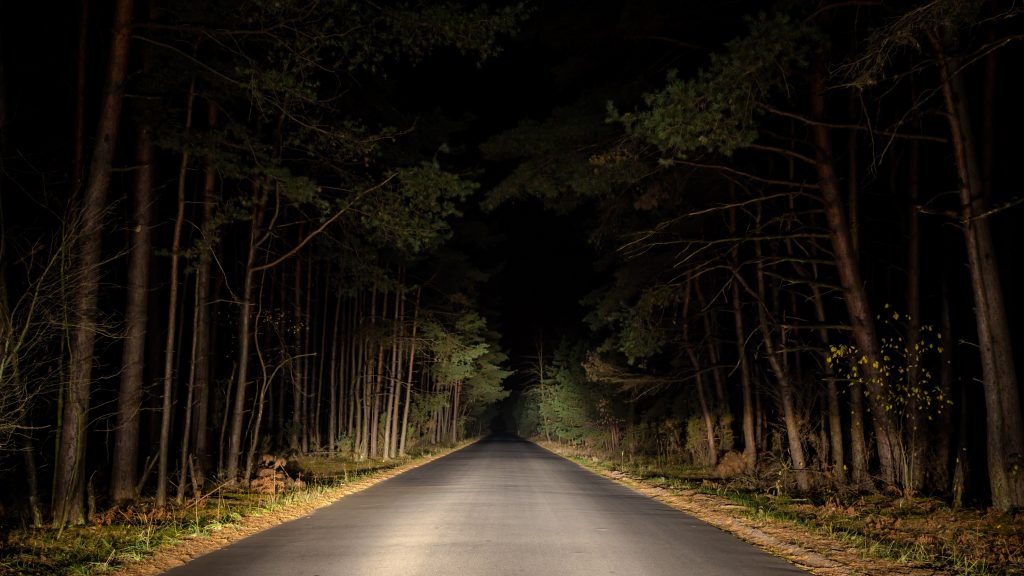Fear of the dark is a deep-seated response rooted in our evolutionary history.
Others are reading now
Fear of the dark is one of the most common fears, affecting not only children but many adults as well.
While it may seem irrational in today’s modern world, this reaction is deeply rooted in human evolution, where it once played a vital role in our survival.
Evolutionary Origins
Our ancestors’ way of life as diurnal creatures—active mainly during daylight—shaped a vision best suited to sunlight, where light levels can reach up to 10,000 lux.
As night falls, our eyes adapt and become up to 300 times more sensitive, but even this adjustment doesn’t grant us impressive night vision.
Also read
In comparison, animals like cats and owls have significantly better night vision, seeing in conditions with as little as 0.125 lux or less.
In ancient times, when darkness fell, early humans faced increased risks from predators and poisonous creatures lurking in the shadows.
Those who developed a healthy fear of the dark had a better chance of survival, and these survival instincts have been passed down over millennia.
The Brain’s Reaction to Darkness
According to an article in Illustrated Science, darkness activates the amygdala, a small but powerful brain center responsible for fear and alertness.
In response, the adrenal glands release norepinephrine and adrenaline, increasing heart rate and heightening senses. Since sight is our most relied-upon sense, the reduced visibility in darkness heightens our vulnerability, turning on our survival instincts.
Sight is our dominant sense, and when it’s limited, our other senses may struggle to fill in the gaps. Our brains may interpret this lack of visual information as potential threats, leading us to feel more exposed and anxious.
This is why even in safe environments, darkness can make us feel uneasy.
So, while fear of the dark may seem out of place today, it’s actually a protective instinct—an echo of a time when staying alert in the dark was a matter of life or death.


